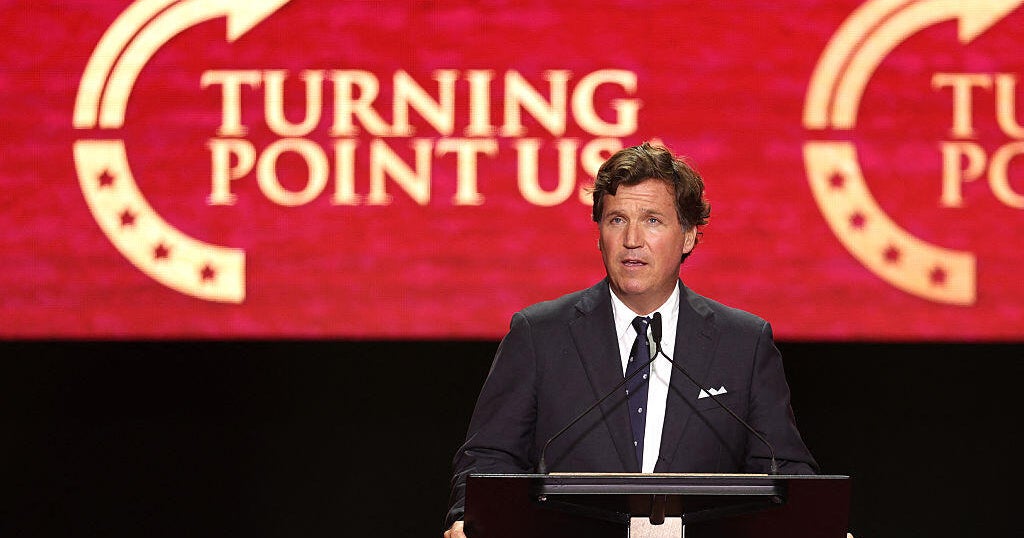
In a week that can only be described as a rollercoaster for public health discourse, President Donald Trump and Health Secretary Robert F. Kennedy Jr. have sparked alarm among expectant mothers by advising them to steer clear of Tylenol due to its unfounded connection to autism. This latest proclamation highlights a troubling pattern within the current administration: prioritizing ideology over science in health policy.
Amidst the political turbulence, a seemingly low-profile meeting regarding the nation’s vaccine guidance turned out to be a pivotal moment, revealing a chaotic atmosphere that was more about political maneuvering than scientific consensus. Kennedy, who has been a controversial figure in the vaccine debate, assembled his vaccine advisory committee to revise the immunization schedule followed by millions of parents across the United States.
The meeting itself was fraught with confusion, leaving even some Advisory Committee on Immunization Practices (ACIP) members unsure about the items on the agenda. “I’m not sure what I’m voting on,” admitted Cody Meissner, one of the committee members. After two grueling days of deliberation, the outcomes were mixed and concerning. The committee backtracked on its previous endorsement of the COVID-19 vaccines and postponed a vote that would have delayed the hepatitis B vaccination for newborns. However, it did recommend that children under the age of four should receive separate vaccinations for measles, mumps, rubella, and varicella, rather than a combined MMRV shot.
This disarray underscores a fractured state of public health guidance, leaving parents in an even more precarious position regarding their children’s health. If top health officials can’t reach a consensus on immunizations, how can parents be expected to make informed choices?
To better understand the implications of these developments, we spoke with Dr. William Moss, a former pediatrician and professor at the Johns Hopkins Bloomberg School of Public Health, who is also the executive director of the International Vaccine Access Center. Dr. Moss shed light on the historical context of vaccination schedules, the reasons behind the discrepancies across countries, and the imperative for public health officials to build trust with vaccine-hesitant parents.
“When I put my pediatrician’s hat on, I see that all parents want to do what’s right for their child,” Dr. Moss explained during a conversation with Noel King, co-host of the podcast Today, Explained. “However, the risk of certain diseases can sometimes be underestimated, largely due to the success of vaccines and the fact that we don’t see many of these diseases anymore.”
Dr. Moss detailed the origins of the vaccination schedule in the United States, which can be traced back to the 1930s when the American Academy of Pediatrics first issued guidance on childhood vaccines. Initially focused on the smallpox vaccine and others for diphtheria, tetanus, and pertussis, the schedule evolved as more vaccines were introduced. By 1964, the ACIP was formed to create a more standardized immunization schedule, culminating in a unified schedule in the mid-1990s.
Reflecting on the unification, Dr. Moss noted, “There was a recognition that we needed to have this standardization of the immunization schedule. It was a significant advancement to align the key expert groups and eliminate previous discrepancies that had caused confusion.”
Despite the establishment of a unified schedule, significant differences remain among countries. Dr. Moss pointed out that there is no universally “best” immunization schedule; rather, each country’s approach involves trade-offs based on factors such as disease prevalence, vaccine dosing, and economic considerations inherent in each health care system.
This complexity leaves many parents feeling uncertain and overwhelmed, particularly amid an environment rife with misinformation. One common concern has been whether infants are receiving too many vaccines at once. Dr. Moss addressed this, emphasizing that the discomfort of multiple injections can understandably cause anxiety for parents. However, he noted that the notion of overwhelming a child’s immune system lacks scientific backing. “Our bodies are constantly exposed to foreign antigens,” he explained.
It’s crucial for public health officials and frontline vaccine administrators to engage with parents, listen to their concerns, and address unfounded fears with empathy and evidence-based information. Yet, a troubling divide has emerged in public discourse surrounding vaccines, where questioning the schedule may lead to being labeled as a conspiracy theorist or a threat to public health.
Dr. Moss expressed concern over this divisiveness, stating, “When I put my pediatrician’s hat on, I see parents who want to do what’s right for their child. But I also recognize that the risk of disease can be underestimated, which is a consequence of the success of vaccines.”
There’s certainly room for improvement in the childhood vaccine schedules, Dr. Moss acknowledged, particularly regarding how they are updated and communicated to the public. “What’s really important is the process by which the immunization schedule is reviewed and updated to ensure that sound decisions are made and that trust in those decisions is maintained.”
As the landscape of public health continues to evolve amid political chaos and misinformation, the ability of health officials to foster trust and provide clear, science-based guidance will be crucial in navigating the challenges ahead.


